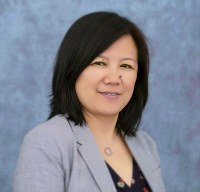Event

It has been argued that development transforms people’s perceptions of meanings and choices of life and launches a shift away from prioritizing family interests over individual happiness and fulfillment. International and national data demonstrate that the Chinese development model with its Confucian tradition, the state involvement, and globalization has shaped a hybrid gender, marriage, and family value system. The prevailing gender ideology of flexible traditionalism treats women as inferior to men in the public sphere while expecting them to share breadwinning atop housework and childrearing. The neofamilism ideology consists of a persistent belief in filial piety to parents and codependence of family members, rejection of nonmarital sex, waning value of legal marriage and patrilineality, and more tolerance of nonmarital family forms. Education, a modernization force, exerts strong effects on attitudes toward gender, marriage, patrilineality, family responsibility, and unconventional family. These uneven transformations reflect negotiations, concessions, and resistance between individualism-collectivism, tradition-modernization, and state-market in China’s gender and family system. China is charting a novel course divergent from the trajectory in Europe.
Xiaoling Shu is Professor of Sociology and Director of East Asia Studies at UC Davis. She holds an M.S. in Computer Science and a Ph.D. in Sociology, both from the University of Minnesota. Dr. Shu’s research focuses on the impacts of two profound processes of our times, market transition and globalization, on gender, well-being, and family, marriage, and sexual attitudes and behaviors. She uses data science models on national and international data to carry out country-specific and cross-national analyses. She is the author of Knowledge Discovery in the Social Science: A Data Mining Approach (University of California Press, 2020). Her book manuscript on Chinese gender, marriage, and family in transition is currently under review.